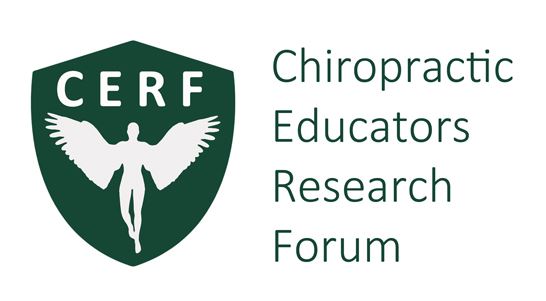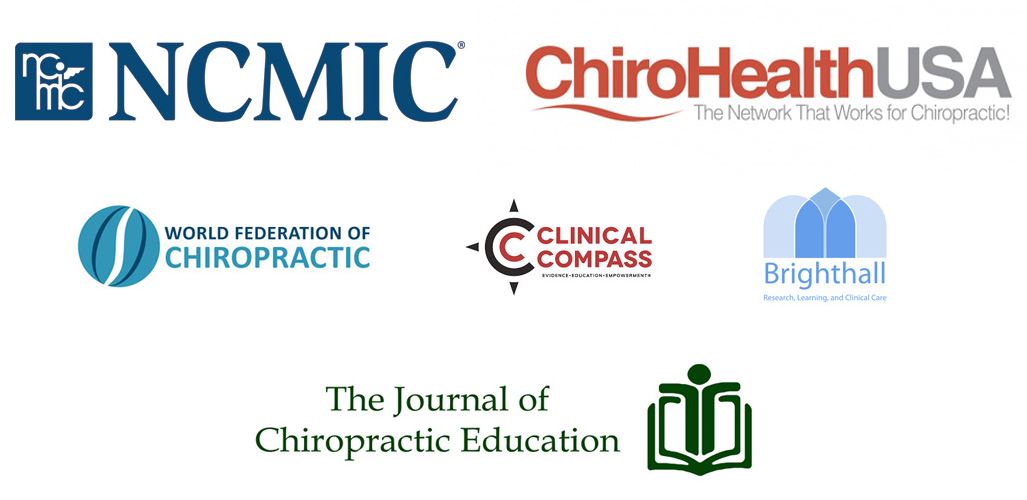Chiropractic Educators Research Forum |
|
|
Peer review “Peer review is the critical assessment of manuscripts submitted to journals by experts who are usually not part of the editorial staff. Because unbiased, independent, critical assessment is an intrinsic part of all scholarly work, including scientific research, peer review is an important extension of the scientific process.” International Committee of Medical Journal Editors 1. Peer review allows publication of the submissions of highest quality and relevance to the mission of the journal. 2. Peer review helps to identify significant flaws in a submission that may jeopardize the quality of the scientific literature. 3. Peer review provides helpful feedback to the authors so that they can improve the quality of their submission and to make it publication worthy. |
Peer reviewers
- support the advancement of chiropractic education research
- establish the validity of research based upon their expertise
- provide feedback to authors so that they may improve their papers
- are able to include that they are a peer reviewer on their CVs
- are able to read some of the latest science in their field before it is published
- sharpen critical thinking skills, which improves their research and writing
- improve the quality of manuscripts that are deemed suitable for publication
- establish their knowledge of the field in the scientific community
- gain insight on the level of quality required for publication
- are recognized for their peer review efforts during their performance reviews
- improve their peer review and scholarly assessment skills
- strengthen the community of chiropractic education researchers
How to do an awesome review
- Briefly read the paper to get an overview of the topic and main sections of the manuscript. Be sure to glance at the tables, figures, references, and any supplements.
- Next, read the paper a second time for more detail. For each section, type your comments and constructive suggestions into a Word document. Be sure to save your file.
- In your comments, include what was good about the submission.
- Clearly state what needs to be improved and describe how these items can be improved. Provide constructive feedback that will assist the authors in preparing their revision.
- If applicable, suggest additional sources for information, references, statistics, or methods, for how to make the manuscript stronger.
- Use checklists for the study design to help guide your feedback, such as on Equator-Network.
- If you identify one or more fatal flaws, which are errors or problems that cannot be corrected through the revision process, clearly state what these are and why the paper should be rejected.
- Do not feel compelled to go into areas that are out of your area of expertise, but you should still comment on the various sections of the submission.
- Do not use slang, profanity, rude, or demeaning comments.
- Submit your review before the due date. Never be late.
Do you want to be a Peer Reviewer?
The following four chiropractic journals are looking for peer reviewers. Click which journal you wish to peer review for and complete the peer reviewer application form. Editors will match your expertise with manuscripts that are submitted to these chiropractic journals.
Free Peer Reviewer Training
- Focus on Peer Review is a free online training course in peer review from Nature Masterclasses.
Additional Peer Review Resources
Committee on Publication Ethics (COPE) Guidelines - Ethical Guidelines for Peer Reviewers. This guideline provides an overview of the peer review process, the responsibilities of being a reviewer, and how to conduct and prepare a review.
Peer Review: The Nuts and Bolts - This document provides information about peer review, its processes, and insights from various perspectives about peer review.
Peer Review Process Guide - This document offers a worksheet to guide peer reviewers through performing peer review.
Improving Peer Review: What Reviewers Can Do - This paper describes the peer review process and offers processes for performing peer review.
Submitting Manuscripts to Biomedical Journals: Common Errors and Helpful Solutions - This paper discusses various errors that authors make and solutions for how authors can correct them.
Equator-Network - This website has checklists for the majority of research designs. These checklists help guide how authors should be reporting their research. These can be helpful when giving feedback to authors.






